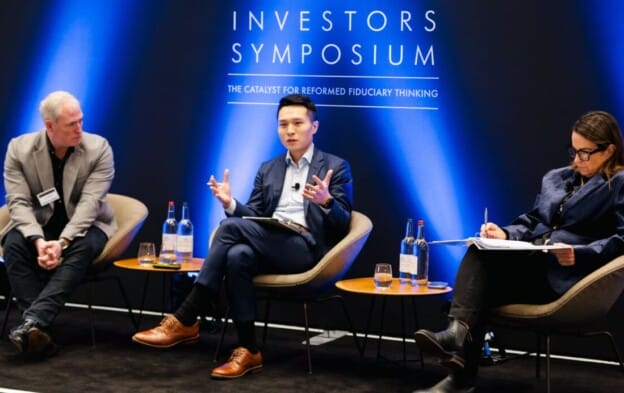FIS Oxford 2025
November 4-6 2025 | Oxford, UK
The Fiduciary Investors Symposium is a quarterly event for the senior investment professionals at large institutional investors around the globe. The audience comprises chief investment officers and other senior investment professionals from pension funds, endowments and sovereign wealth funds from more than 20 countries.



